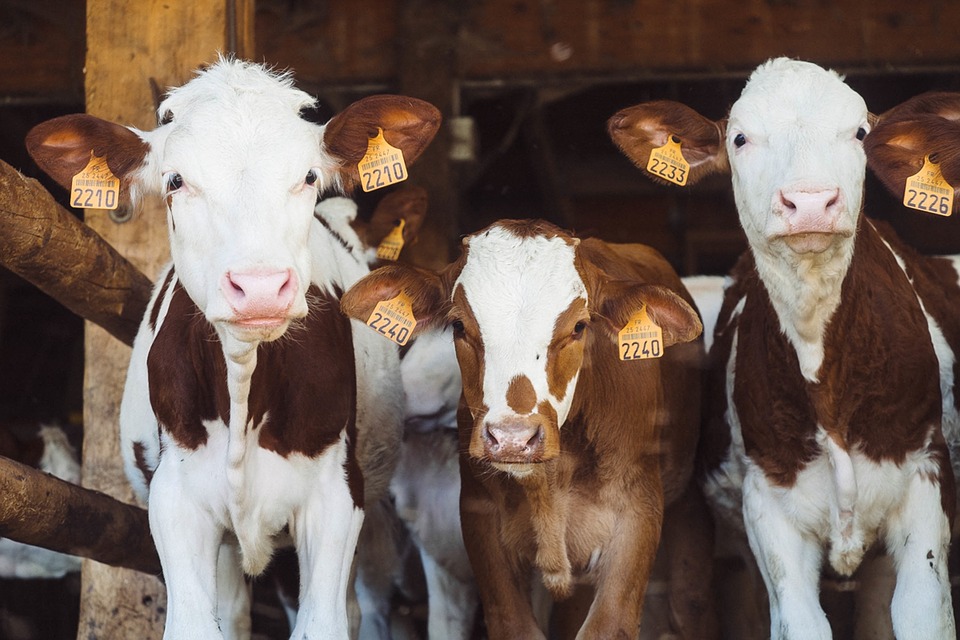Although covid isolation is new to us, farm animals often involuntarily spend a large part of their lives alone.
Cattle are social animals, so when conditions allow, they form herds of individuals of different ages and sexes. Nevertheless, most calves reared for milk production in Europe are housed individually during their first weeks of life. Although individual housing is a common practice in calf rearing, this type of housing can have a negative impact on the welfare of calves. A possible suitable compromise between normal husbandry practice and animal welfare could be pair housing. The aim of the researchers was to compare the emotional states and learning ability of calves housed alone and in pairs.
A total of 22 calves from each type of housing were trained for the cognitive bias test. The calves were first taught an operant task, which enabled them to initiate new trials on their own in a follow-up task and thus learn more quickly. The second phase, called discriminative learning, consisted of training calves to discriminate changes in the spatial location of the bucket. A bucket placed on the positive side signalled the arrival of a reward, whereas calves on the negative side received nothing in the bucket. The researchers recorded and compared the number of trials each calf needed to learn both the operant and discriminative tasks. Then, 10 paired and 10 individually housed calves were selected to test their responses when the bucket was placed between the positive and negative sides.
Although calf housing did not have a statistically significant effect on actual learning time, there was a significant difference in responses to ambivalent stimuli. Pair-housed calves responded more positively to the neutrally placed bucket than did individually housed calves and in most cases expected a reward rather than an empty bucket. In the human world, we could say that this group was simply more optimistic. Which (like humans) suggests that calves housed in pairs were in more positive emotional states. This study is thus the first to show that pair housing improves the emotional states (and thus the welfare) of reared calves.
The complete scientific paper can be found here:
Bučková, K., Špinka, M. & Hintze, S. 2019. Pair housing makes calves more optimistic. Scientific Reports 9(1). ISSN 2045-2322. DOI: 10.1038/s41598-019-56798-w
https://www.nature.com/articles/s41598-019-56798-w

